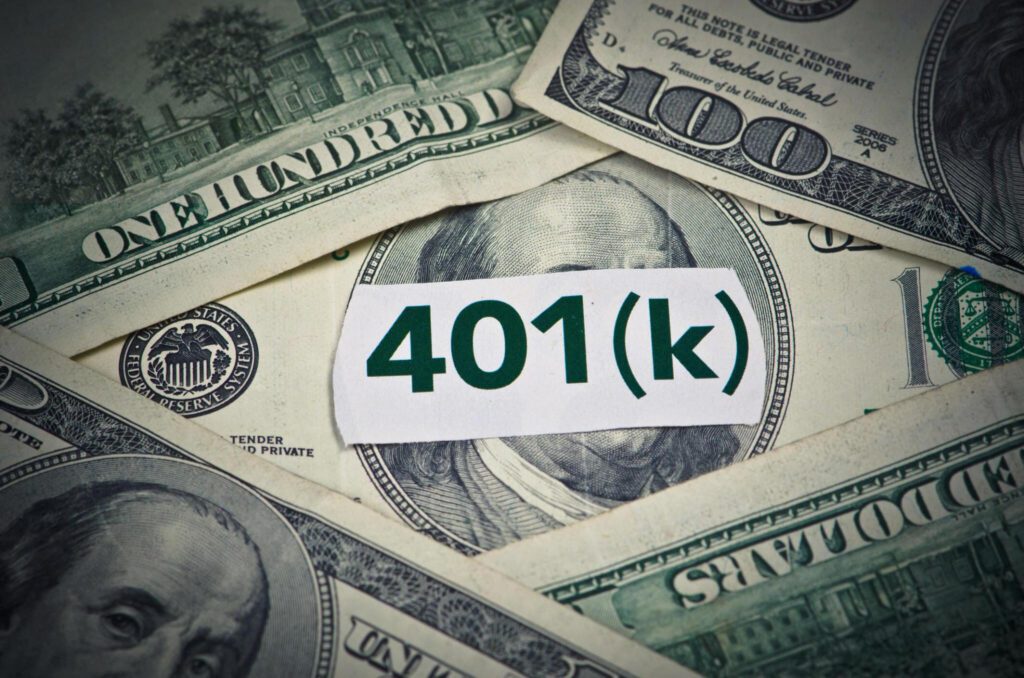What is debt consolidation? Imagine juggling more than one bill – credit, playing cards, loans, the works. It’s a problem! Consolidation simplifies matters. You combine the money owed into one new mortgage, frequently with a decreased hobby charge and simply one month-to-month payment. Think of it as a monetary smooth-up, making it more straightforward to song and pay off the entirety, potentially saving you money. This may be especially helpful for teenagers dealing with their first massive debts, giving them a danger to managing their finances.
What is Debt Consolidation and Why it Matters
Debt consolidation bursts onto the scene while you are overwhelmed by multiple money owed and bills. It rolls them together right into a consolidated new unmarried loan, generally with decreased interest quotes. This massive new mortgage allows you to make just one less complicated monthly fee versus maintaining anxious music of five or ten special debt payments. Debt consolidation powerfully frees up your greenbacks to sooner or later hammer away at paying the fundamental in place of gathering limitless small hobby fees throughout scattered bills. It streamlines attacking your debts.
Student loan debt overwhelms new grads, averaging over $40,000 for the Class of 2022. More than easy credit card get right of entry to does not help. For teenagers and 20-somethings, juggling month-to-month bills and due dates while analyzing, socializing, and locating monetary footing after excessive faculty or university is next to impossible. Personal debt rises, mainly for young Americans.
Debt consolidation can offer a tremendous deal of needed business enterprise and respiration room. By combining what you owe into one single loan, you may have less to keep track of and may store appreciably on hobby charges over the years.

Pros of Debt Consolidation
- Can lower monthly bills: Instead of owing different amounts to exceptional lenders every month, consolidation combines the money owed, so you make one fee – frequently for a smaller amount than the blended total you had been paying earlier.
- Simplified charge schedule: There’s just one monthly due date to recall in place of 3, five, or extra. No more significant overdue costs because you forgot while a positive credit card charge became due!
- It may allow getting the right of entry to better hobby charges: Banks view that as less volatile than customer credit score card debt, with the aid of collateralizing multiple money owed right into a large consolidation mortgage. This means debt consolidation loans often include decreased interest fees, saving you cash over the life of reimbursement.
- Helps repay debt quicker: Between decreased month-to-month payments and decreased APR over the years, more significant of your stability is going towards principal rather than interest. This lets you get out of debt quickly.
- Reduces the pressure of debt burden: Finally, coping with payments more without difficulty every month and getting debts paid quicker relieves anxiety and stress about debt piling up out of management.
Cons of Debt Consolidation
Of course, consolidating money owed into a new mortgage does come with some drawbacks to don’t forget as correctly:
- Credit rating might also drop temporarily: When you open a brand new credit account, along with a consolidation loan, banks will take a look at your credit file, and the strict inquiry lowers your rating a piece initially.
- Closing credit score cards affects credit utilization ratio: Consolidating credit card balances significantly modifies the ratio of how much credit you have revolving around as opposed to how much is in use. Since a part of a credit score relies upon the use of only a little of your to-be-had credit, the final money owed should have a negative effect.
- Debt accumulation keeps without subject: While consolidation facilitates managing existing money owed, jogging up more outstanding balances throughout your credit cards and loans can position you deeper and deeper inside the hollow if spending habits stay equal.
- Fees can accrue for transfer balances and loans: From software charges to early reimbursement penalties, debt consolidation services often add more one-time and ongoing fees that accumulate and add to your general reimbursement costs.
Alternatives to Balance Transfers and Debt Consolidation Loans
Suppose the professionals do not outweigh the cons with formal methods like balance switch credit playing cards and consolidation loans. In that case, you continue to have alternatives to keep in mind:
- Ask a member of the family for a personal loan at decreased interest, which you pay off monthly.
- Explore nonprofit credit counseling services that help create debt control plans and negotiate costs and bills with creditors on your behalf.
- In excessive instances of incapacity to keep up with debt, bankruptcy legally gets rid of eligible debt below court supervision.
Another ability road is a debt consolidation mortgage – incorporating debt payoff into refinancing your home loan. The venture right here is meeting age necessities and creditworthiness for the loan in the first vicinity when younger, as well as risking your own home itself in case you cannot make payments.
Finding the Best Consolidation Method for Your Situation
If you decide debt consolidation is right for you, deciding which road mainly takes studies and self-mirrored image:
- Assess current debts and month-to-month cash glide: Add all modern money owed, interest fees, and month-to-month bills. Calculate how much disposable income you’ve got each month.
- Calculate debts with the highest hobby charges: Prioritize loans and credit playing cards charging over 15%, 20%, or even 30%+ APR. Funneling cash right here saves the maximum on interest charges.
- Understand terms of ability loans or balance switch playing cards: Get specifics on fees, length, prices, and alternatives from banks and credit card companies before making use of them.
- Consider the impact on credit score and ongoing spending habits: Will want discipline moving ahead, the use of credit score responsibly.
- Set the debt payoff deadline to keep away from further accumulation: Commit to a timeline for a while so the consolidation loan can be repaid entirely.
Questions to ask any debt consolidation organization include:
- What are the exact hobby costs, monthly bills, and mortgage phrases?
- Are there any utility, switch, or service prices?
- Is there a penalty for repaying the loan early?
- How will making required monthly payments affect my credit score?
Currently, debt consolidation mortgage rates commonly vary from about eight to 25% APR, depending on your qualifications, with personal loan agencies like SoFi, Avant, and LendingClub on the lower end. At the same time, credit score playing cards tend to see higher rates. Pay close attention to all satisfactory prints!

Living Debt-Free: Looking Beyond Consolidation to Financial Freedom
While debt consolidation can offer an awful lot of needed simplification and decrease monthly burdens for repaying debts, the key is staying dedicated to finishing the payoff so you, in the end, live free of debt. This requires developing financial literacy talents early on and changing conduct as wished – from responsible credit score card use to prioritizing savings even on decent finances. Once debts are long past, that loan price can be redirected to constructing emergency and retirement financial savings, leading to genuine lifelong financial freedom!
Disclaimers: The information provided in this article is intended for general educational purposes and should not be construed as financial advice. Individual circumstances and situations will vary. Consulting with a qualified financial professional is recommended to make informed decisions about debt consolidation or any other financial matter. Additionally, the specific figures and details mentioned may require further verification to ensure accuracy for your situation. Financial freedom involves responsible credit use, budgeting, and long-term planning beyond debt consolidation.
What are the necessities to qualify for a debt consolidation loan?
Meeting necessities for a debt consolidation loan is usually achievable – you may need a midpoint credit score rating of around 640, constant profits to deal with payments like a regular paycheck, and evidence you hold a process. Being 18+ years old is widespread, too. Focus on boosting your credit score because higher ratings get better charges, frequently under 10% APR. Lenders want your debt-to-profits ratio, or monthly debts vs. Gross earnings, to be 50% or much less.
How much cash can I save over a lengthy period by using a debt consolidation mortgage versus high-interest credit cards?
The financial savings on interest from consolidating credit cards can be substantial. For example, $15,000 in credit card debt at 22% APR costs $3,300 per year in interest. A consolidation loan at 12% APR for the same amount costs $1,800 per year in interest, saving you $1,500 per year and $7,500 over five years.
What risks do I need to be aware of with debt consolidation?
Watch for costs like 3% balance transfer costs or $50 loan origination fees that add up. Opening new accounts can also drop your credit rating by 30 factors until it’s far paid off. It takes subject, too – withstand strolling up clean card expenses after consolidating, or debt can snowball again.
How do I pick the OK debt consolidation employer?
Research a couple of creditors’ hobby fees, five-year period options, month-to-month fee amounts, and charge structures. Banks, credit score unions, peer lending networks like LendingClub, and credit score counseling organizations all offer consolidation loans; however, compare fees carefully. Checking sources like ConsumerReports.Org for debt consolidation loan evaluations can help identify legitimate agencies.
Can I consolidate my scholar loans, or will I lose beneficial blessings and protections?
Consolidating federal student loans makes you ineligible for earnings-primarily based compensation plans, public carrier mortgage forgiveness, and different assistance programs. Weigh the advantages vs. private consolidation carefully before giving them up, except the hobby fee drop is huge, like 8%.

